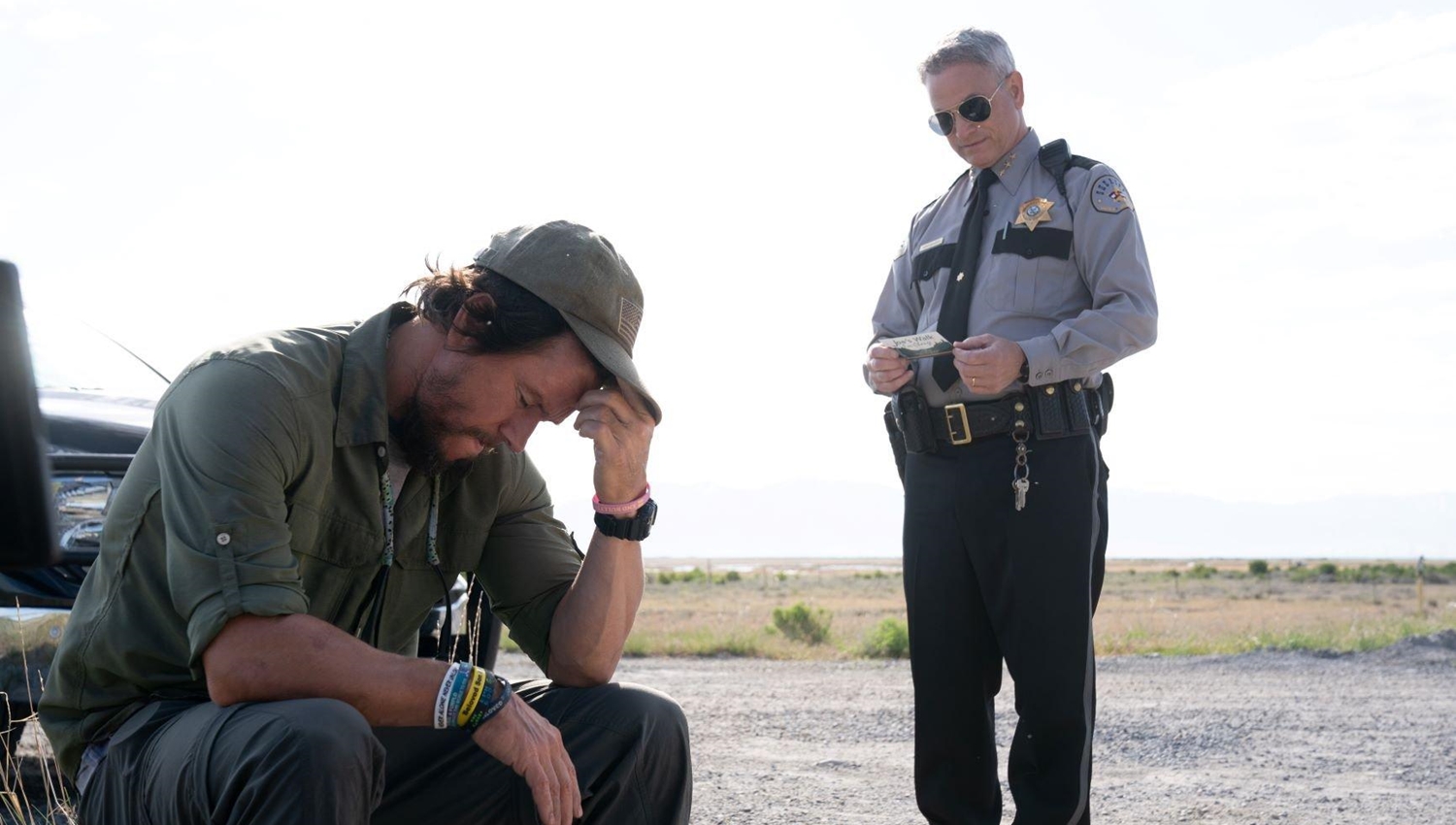
Joe Bell
Dustin Chase
“Joe Bell” has small handful of moments that make it necessary viewing for narrow-minded viewers. The question becomes, how do you get a film like “Joe Bell” in front of the people who need to see it? Casting Mark Wahlberg might get it in front of audiences who can benefit from a story about acceptance, tolerance and the consequences of bullying. The direction, the script and even the performances, to an extent, however, placate in a way that feels manipulative. Where a film like “Boy Erased” focused on the son dealing with coming out to his strict, religious parents, “Joe Bell” focuses on the parent’s guilt and regret. Wahlberg isn’t the strongest actor for the role, but he is the guy you need to have a chance at selling this type of movie to his fanbase.
Starting from his home in La Grande, Oregon, Joe Bell (Wahlberg) has decided to walk off his grief, following the suicide of his 15-year-old son, all the way to New York City. Jadin (Reid Miller) came out to his family with decent acceptance, but Joe asks him to not flaunt his identity in their small town. Jadin joined the cheerleading team and held his head as high as he could despite bullying in person and online. Jadin’s decision to end his life devastated the school, town and the Bell family. Joe decides on this walk he will speak to anyone that will listen to his story, becoming a local sensation, raising awareness about bullying. His anger and resentment build with every step he takes through rain, snow and hunger, as he attempts to make peace with his son.
The script manipulates the audience in a way that doesn’t always serve the story, while the cliches serve as character development.
An article from The New York Times provides a more in-depth look at the Bell family tragedy than the 90-minute film. Jack Healy’s short piece published in 2013 hints at all sorts of unique and interesting characters Bell meets along the way that could have resulted in high-profile cameos, if the goal here is to get this message out. When Wahlberg is on screen with newcomer Miller, the film has an energy that you instantly miss when the vibrant young boy is off screen. The script manipulates the audience in a way that doesn’t always serve the story, while the cliches serve as character development. In perhaps the most un-Hollywood aspect of the production, Wahlberg’s appearance is made to look far more rough and gangly than the cleaner-cut actual Joseph Bell.
“Joe Bell” is a great example of a film that, in stronger hands, could have made a difference. The best scene in the film is a conversation near the end between Gary Sinise and Wahlberg, two fathers of gay sons, and the epiphany that occurs during their talk. Director Reinaldo Marcus Green’s previous film, “Monsters and Men,” was more complex and relied on strong performances that helped launch John David Washington’s career. While “Joe Bell” is likely to push young Miller forward, it won’t rally the LGBTQ community behind it, despite good intentions. It won’t be in the awards conversation, which will further limit its reach. The life of this film perhaps depends on it being used as a tool to be sent or suggested to those in need of its message.
Final Thought
Powerful message, poor execution.
